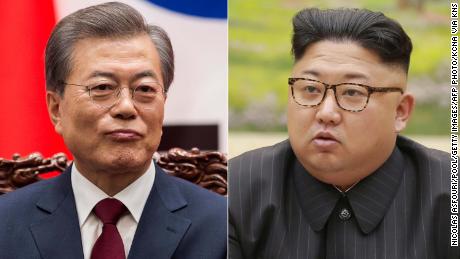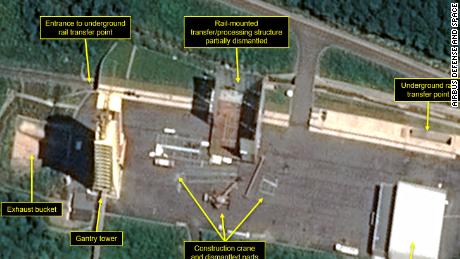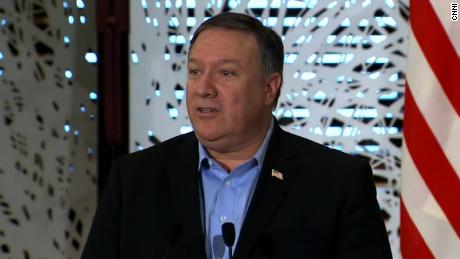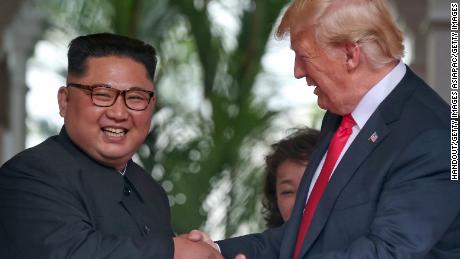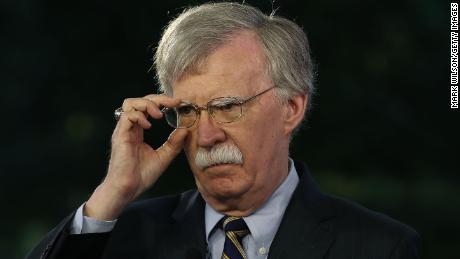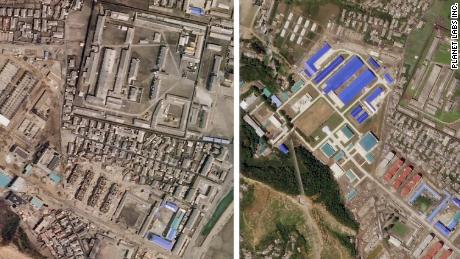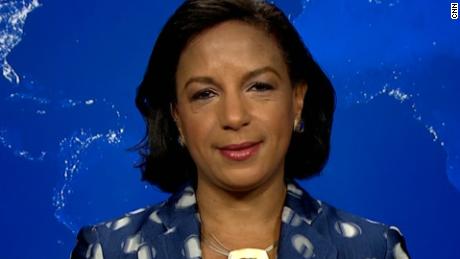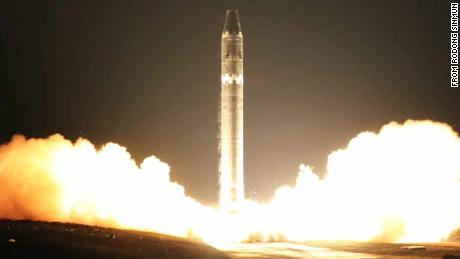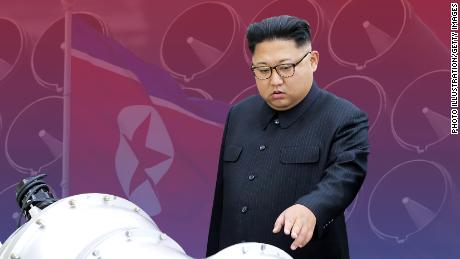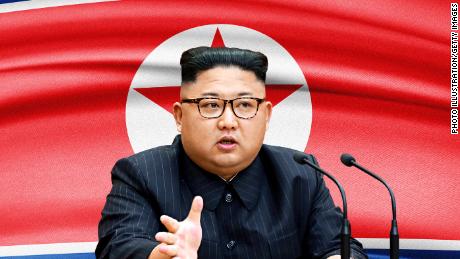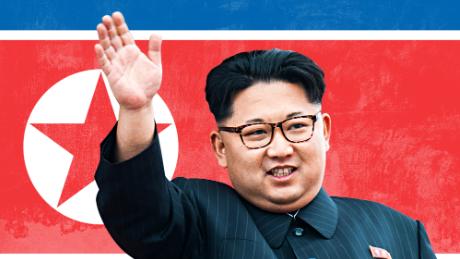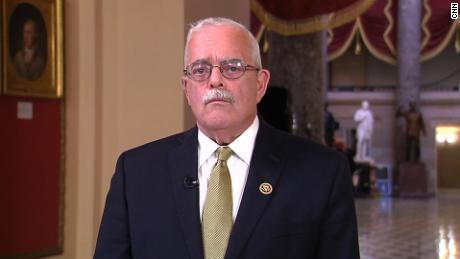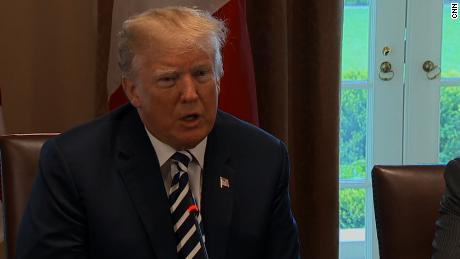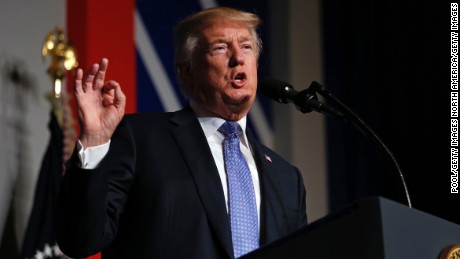Story highlights
- One of biggest worries for the US military is that the North Korean regime might live up to its threat of conducting an atmospheric nuclear test
- Several US officials say their assessment is Kim is feeling political pressure from China
(CNN)US defense and intelligence officials are growing increasingly puzzled why Kim Jong Un has not tested a ballistic missile in nearly two months. And for now, as President Donald Trump travels through Asia, it does not appear another missile test is imminent.
Officials caution all of this could change at any time and Kim could resume aggressive weapons testing -- but that would also pose the question as to why he resumed.
One of biggest worries for the US military is that the North Korean regime might live up to its threat of conducting an atmospheric nuclear test. Officials point out the regime has a track record of following through on its threats on weapons testing.
At the moment US intelligence suggests North Korea's longstanding underground nuclear test site at Punggye-ri has been damaged by underground seismic activity and may be unusable in certain sections. If the regime turned to above ground testing, officials say it raises the prospect of a test looking like a potential attack, especially if Kim conducts the test using a missile with a warhead.
The US would only have minutes to determine if a missile is actually carrying a live warhead and to decide whether to attack it on the launch pad, or wait to try to shoot it down during the initial boost phase of flight.
The US does not have a specific policy of pre-emptive strikes prior to launch one senior official told CNN and were the US to launch one North Korea would have the opportunity to claim it has been attacked. But waiting until the boost phase and shooting a missile down in "self-defense" means the US would have to ensure it has all its assets and intelligence in place to be able to target the missile. The US now maintains around the clock so-called "flexible response' options to try to ensure all elements are ready for a shoot down of a threatening missile at any time.
Defense officials tell CNN presidential approval is not mandatory for a "self-defense" shoot down to protect the US or its allies. If a North Korean launch is imminent or underway, top commanders in Asia and the Pacific, as well as the Pentagon and US Strategic Command would quickly gather for a secure meeting via video or phone to assess if there is a threat to the US or allies and what if any actions should be taken.
North Korea has fired 22 missiles without active warheads during 15 tests since February. US officials say North Korea is continuing to develop its missiles, rocket fuel and engines, as well as targeting and guidance systems. And the US believes it also may be able to put a miniaturized warhead on a missile sometime in 2018 -- giving it the theoretical capability to launch a missile with a warhead atop that could attack the US.
But what has happened since the last known missile test in September is curious. Several US officials say their assessment is that Kim is feeling political pressure from China. With winter coming and reports of shortages of fuel supplies, one theory is Kim has not wanted to anger the Chinese leadership with a provocation -- especially during Trump's visit to the region.
However, Kim still may have achieved his essential goal, officials say. He has successfully tested all components of a long range ballistic missile, and conducted successful underground nuclear tests: "He has demonstrated to Trump he is a nuclear state and Trump can't do much about it," one US official said. The current US military "shows of force" through bomber flights or maritime exercises are closely watched by Kim, officials believe, but they don't see them fundamentally causing a change in North Korea behavior yet.
Amid rising tensions with North Korea, the issue of the US President having sole authority to launch US nuclear weapons has gained renewed attention in Congress. The Republican led Senate Foreign Relations Committee is having its first hearing in more than 40 years on the issue on November 14. Some Democrats are pressing for changes, saying Congress should be consulted on any nuclear weapons launch, since it would take the country into war.




